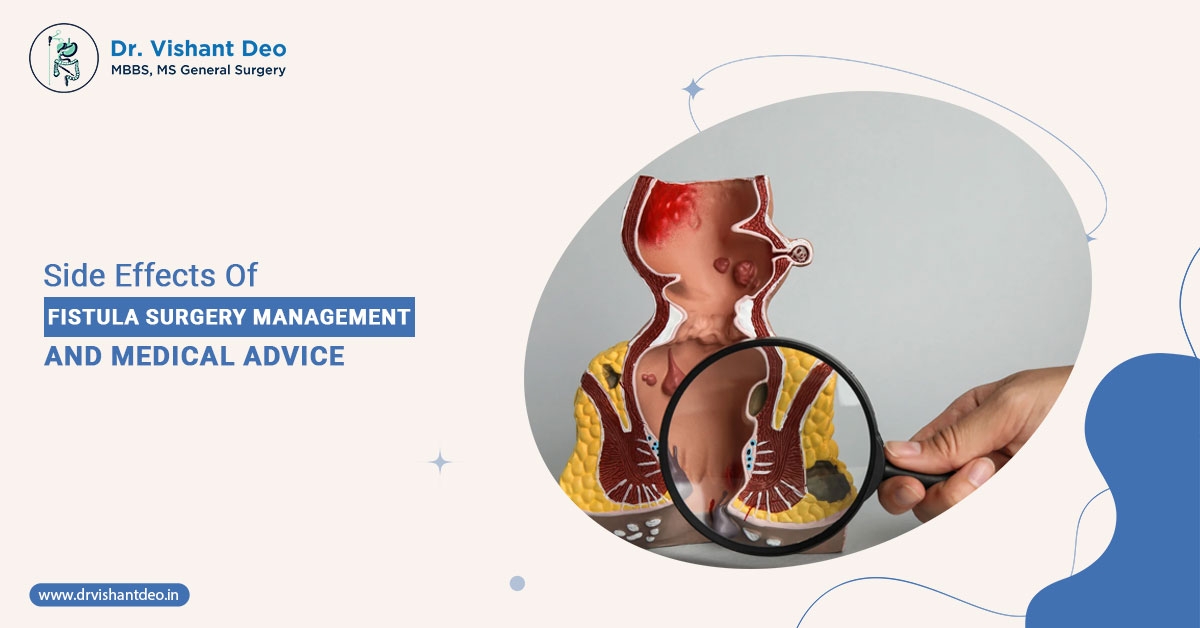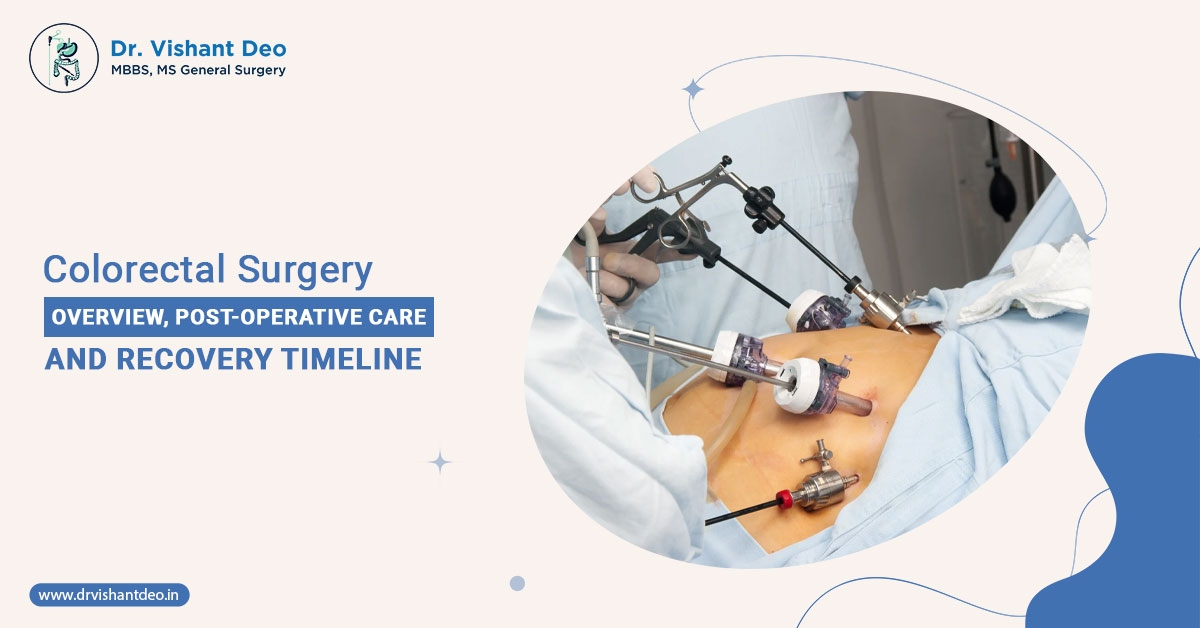Surgical procedures affected areas such as the anus, colon, and the rectum. From benign issues such as hemorrhoids to serious conditions such as colorectal cancer, these surgeries treat all kinds of conditions. While preparing to get colorectal surgery in Siliguri, it is normal to feel a bit overwhelmed with anxiety.
However, by consulting a well-known specialist, you can get the best care and recovery. Let us learn more about basics of the procedure, what post-operative care looks like, and the general recovery timeline.
Understanding Common Types of Colorectal Surgeries
Some of the common colorectal surgical procedures are as follows
- Colectomy– This surgery involves the removal of a section or the whole colon. This is usually performed to prevent certain diseases and conditions. In cases of colon cancer, Crohn’s Disease, or even ulcerative colitis, this procedure is suggested for patients.
- Proctectomy– In this procedure, a small section or the whole rectum is removed. This helps in the treatment of inflammatory bowel diseases. It is also suggested in cases of rectal cancer and severe rectal prolapse.
- Hemorrhoidectomy– With this surgery, colorectal surgeons can remove the inflamed veins in the anus, also known as hemorrhoids. This procedure is only used if other treatment options don't work on the swellings.
- Polypectomy– You can get this colorectal surgery in Siliguri, and it involves the removal of polyps, which are growths that can be found inside organs and body cavities. Doctors use this to take a sample of the polyp tissue to check if the tissue is cancerous.
- Colostomy or Ileostomy– In this procedure, Colorectal specialists change the process of how feces exit the body by creating a hole in the abdominal wall. Instead of the anus, the waste is collected in the stomach bag attached to the body. This is one to treat conditions such as IDB, diverticulitis,or a colon injury.
Post-Operative Care for Colorectal Surgeries
After surgery, the recovery process begins immediately under the care of your surgical and nursing team. The best colorectal surgeons provide you with the best post-operative care, as it has a direct impact on the overall recovery time. Here’s what post-operative care usually involves:
-
Hospital stay
Depending on the type of surgery, initially you may have to stay at the hospital for 3-7 days. During this you are given treatments for pain management, while IV and antibiotics will be administered as needed. In this phase, moderate movement is also encouraged as it helps prevent complications like blood clots or pneumonia. -
Diet and Nutrition
After the surgery, initially, you may be assigned to a liquid diet, which allows the bowel to rest. Furthermore, you can gradually progress towards consuming food with often low-fiber diets. Hydration is one of the most essential activities patients need to indulge in -
Wound Care
It is essential to keep the surgery wounds dry and clean, this allows you to prevent infection, Along with this you would also need to follow all the instructions provided by the doctor after the surgery. You should also watchout for any signs of infection such as redness, swelling, discharge, or fever. -
Bowel Function Monitoring
It may take a few days for your bowel functions to return to normal. During this, you might experience bloating, gas, or changes in bowel habits. If you’ve opted for colorectal surgery in Siliguri, many hospitals offer specialized post-op care units and support staff to guide you through this transition phase.
Recovery Timeline
-
Weeks 1-2: Immediate Healing
In the first two weeks rest is very crucial. Duringthispatients shoucl avoid lifing heavy objects or other strenuous activities. Patients can also take Gentle walks as it can boost circulation and prevent stiffness. -
Weeks 3-4: Gradual Improvement
In the 3rd and 4th week, your energy levels will start to improve. This ,eans that you can start to do light work and aciivities. However doctors suggest that patients should eat small frequent meals in this period to ease digestion. -
Week 5-6: Return to Routine
If healing progresses well, you can begin returning to normal routines by your 5th or 6th week. In this period Any restrictions on diet or activity can be gradually lifted allowing you to return to normal. However, in this stage going in for follow ups is extrermey essential. -
After 6 Weeks: Long-Term Outlook
By the 6th week complete recovery may take place, however it depends on the type of surgery. Patients that have cacer can also astart thier additional treatment such as chemotherpay after the 6th week. Lifestyle changes such as a high-fiber diet and regular check-ups also become crucial for ongoing health at this stage.
Colorectal surgery is a significant but often life-saving intervention. Whether you're undergoing surgery for a chronic illness, cancer, or an acute issue, the road to recovery can be smoother when you're well-informed and well-prepared.
If you're considering colorectal surgery in Siliguri, make sure to choose a facility with experienced surgeons, personalized care plans, and a solid reputation for patient outcomes. Your health is worth it.







